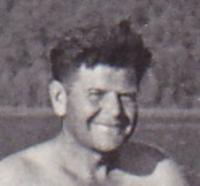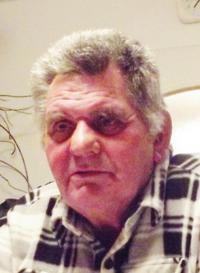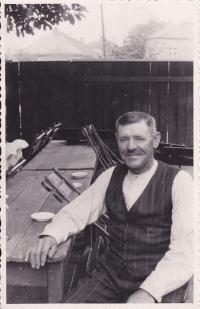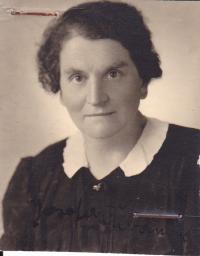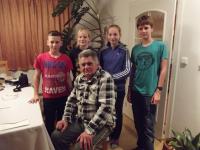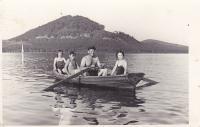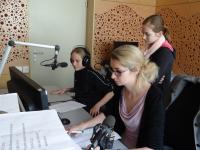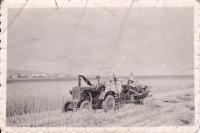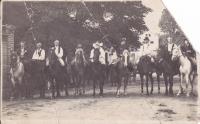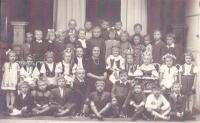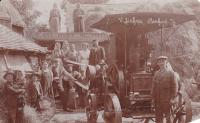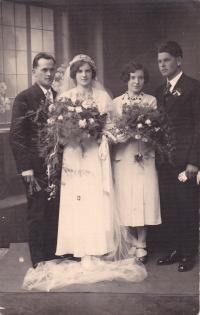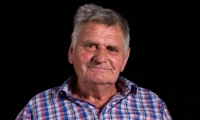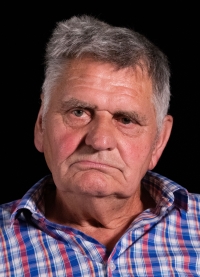A dekulakized peasant smiled at the communists. Then they took revenge on his son.

Download image
František Čuban was born on February 20, 1941 in Kosmonosy near Mladá Boleslav. From the age of seven, he carried the brand of the class enemy - the son of a kulak. His father was one of the largest farmers in the village and refused to join the unified agricultural cooperative (state farm). Eventually, he was taken to a court and after two days he was forced to sign an application to the collective farm. However, the local communists still hated him and took revenge on his son, who was forced to join the collective farm and they prevented him from doing any other work. The witness graduated from an agricultural school in Horky nad Jizerou, but refused to join the state farm. After the military service, he got married, moved to Bakov nad Jizerou and started working in ČSAD (Czechoslovak State Automobile Transport) in Mnichovo Hradiště. When he started driving a truck in 1969, he was banned from driving abroad by a telephone call from the Local National Committee in Kosmonosy and they transferred him to domestic transport. Until his retirement, he was working as a driver at ČSAD. After 1989, the family restituted only a part of the original farm, which František Čuban finds as injustice. In 2019, the witness lived in Bakov nad Jizerou.
